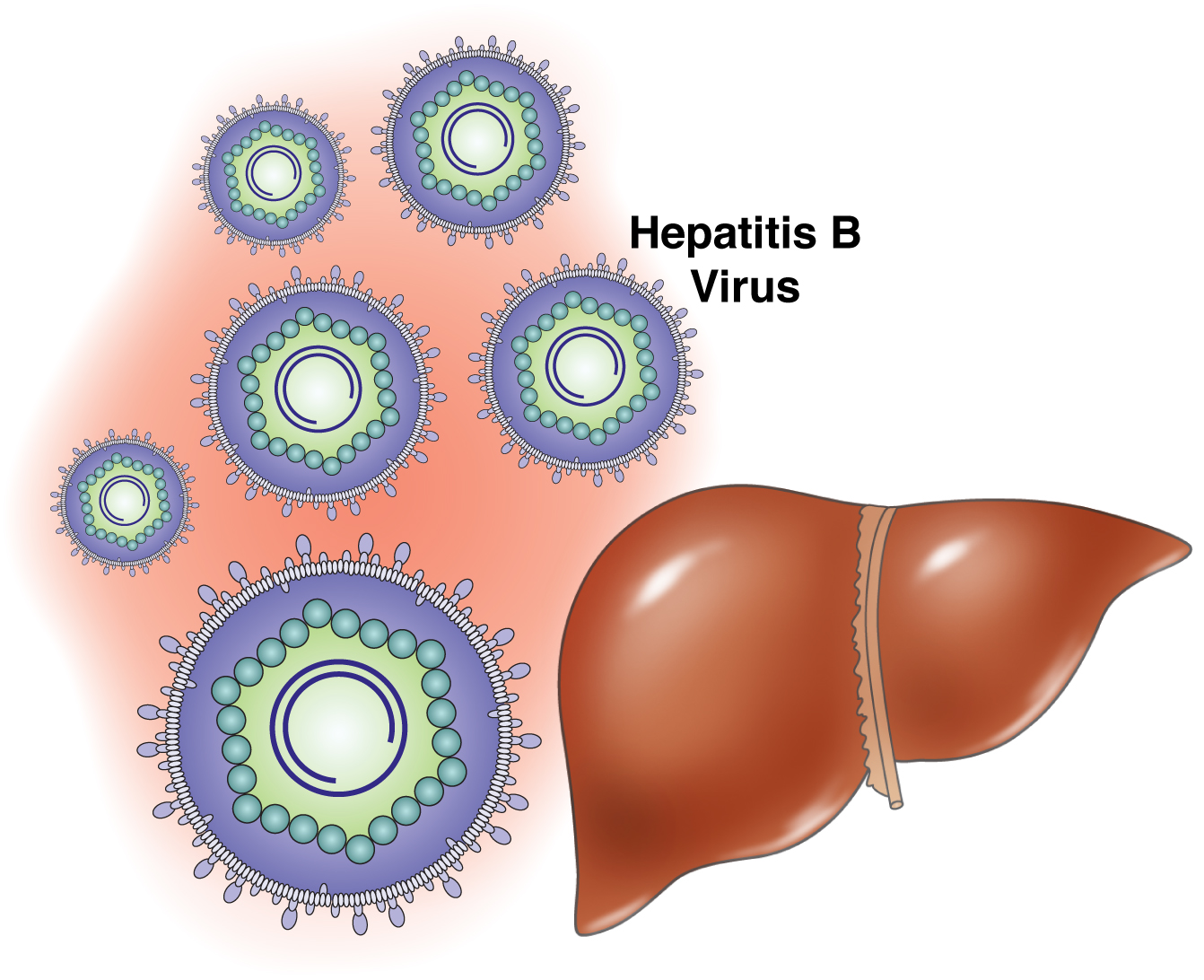
Hepatitis is an acute viral infection that infects the liver. There are a few different strains of hepatitis and one is Hepatitis B. It is possible to fully recover from hepatitis B and develop immunity. Some people may carry the virus and transmit it to others or develop a chronic infection that can cause permanent liver damage.
If the infection is short-term, it usually lasts only up to 3 months. If it becomes chronic then it will last the entire life. There are more than 240 million sufferers of long-term liver disease that is caused by the hepatitis B infection and over 700,000 people die from the complications of hepatitis B every year. There is a vaccine to help prevent the infection. This article contains information on the symptoms and prevention of this disease.
Hepatitis B Symptoms
Hepatitis B usually starts out as an acute viral infection. It is usually short and happens within 6 months of exposure. It may go away on its own or turn into a long-term infection. If you are wondering, “what are the symptoms of hepatitis B”, refer to the following:
- Exhaustion and severe fatigue
- Not feeling hungry
- Abdominal pain and discomfort
- Nausea, vomiting, and/or diarrhea
- Dark colored urine
- Light colored stools
- Pain in the joints
- Yellow colored skin and eyes (jaundice)
If the infection becomes chronic, hepatitis B symptoms may go away or continue off and on throughout the course of the illness. Even without any symptoms, the virus could still be active in the body. There have been cases where hepatitis B symptoms stay for up to 30 years. After that point, around 10 to 25% of sufferers begin to develop liver disease. This includes cirrhosis of the liver and cancer.
When to Seek Immediate Medical Help
If you have the symptoms above for longer than the normal course of a virus or the symptoms are very severe you should contact your physician. Seek immediate medical attention if you have severe vomiting, diarrhea, and yellowing skin for further evaluation.
What Happens to People with Different Hepatitis B Symptoms?
- The majority
For most people, hepatitis B is only a short viral infection and their immune systems can combat the virus and they get well. After a few weeks to months their bodies fight the infection off and builds up lifetime immunity and the never get sick again. There are blood tests that can show this occurred.
- Carriers
If hepatitis B symptoms continue beyond a few months, it may signal chronic infection. Even is symptoms disappear, the person may be a carrier of hepatitis B. Carriers can still give the infection to others by blood contact, needle sharing or unprotected sex.
- Chronic infection
Hepatitis B carriers can develop chronic signs of infection such as; cirrhosis of the liver, liver cancer and kidney disease. The liver and kidneys both filter out toxins from the body, in the end stages of hepatitis, the liver completely fails to do its job and put added strain on the kidneys leading to kidney failure.
Because the symptoms of hepatitis can be the same for active, carriers and chronic infection it is not advised to give blood or organ donations after you are diagnosed to prevent transmission of the disease.
How Can Hepatitis B Be Transmitted?
In areas where hepatitis B is widespread, it is most often spread to unborn babies during pregnancy. Young children are also at high risk for contracting hepatitis B. Actually, children and babies make up one-third of hepatitis B sufferers.
Hepatitis B can live on surfaces outside the body for up to 7 days. If a person is unvaccinated and touches the virus on a surface they can become infected. The good news is hepatitis B does not contaminate food and water and it is not transmitted with casual contact with others.
Here are some other ways that hepatitis B is transmitted:
- Body fluids like blood or discharge
- Unprotected sex
- Needle sticks during medical procedures
- Sharing dirty needles
- Unclean work surfaces in public areas, prisons or healthcare facilities
Hepatitis B virus is NOT spread by sharing eating utensils, breastfeeding, hugging, kissing, holding hands, coughing, or sneezing.
How to Prevent Getting and Spreading Hepatitis B
Getting Hepatitis B can be tricky. The good news is there is a vaccination for this type of hepatitis. Prevention measures include:
- Using condoms to protect yourself when you have sexual intercourse
- Avoid body secretions of other people unknown to you. Universal precautions state you should treat every person as potentially infected with something.
- Use gloves to protect your hands when you have possible exposure to blood and body fluids
- Get the Hepatitis B vaccination series. Many employers offer this if you work in healthcare
- Use bleach to clean up blood in a 1:10 ratio, bleach one part and ten parts of water
- If you do piercing or tattooing, use new needles each time and autoclave equipment
- Keep bandages on any open wounds or cuts
- Never share personal items that can be exposed to blood including; toothbrushes, manicure sets, earrings, and razors.
If you are pregnant, let your doctor know if you have been exposed to Hepatitis B. Also, one large concern among people is if they can get hepatitis B from a blood transfusion. This is rare because blood banks test donor blood for a number of communicable diseases including Hepatitis.
Watch this video to help you understand Hepatitis B symptoms, transmission and treatments: